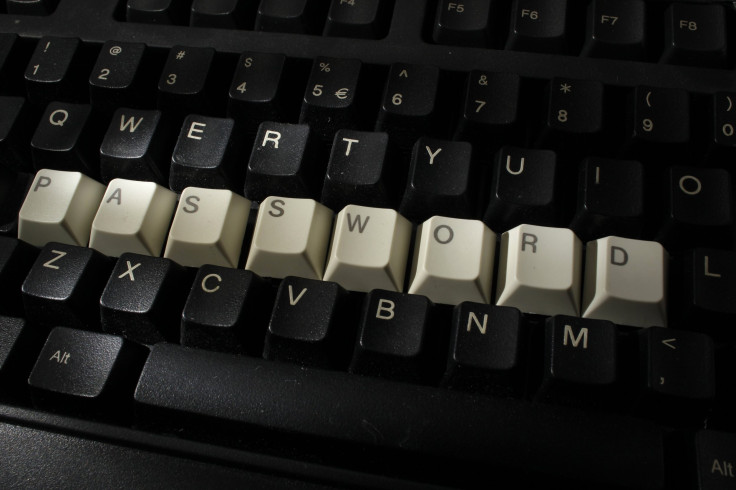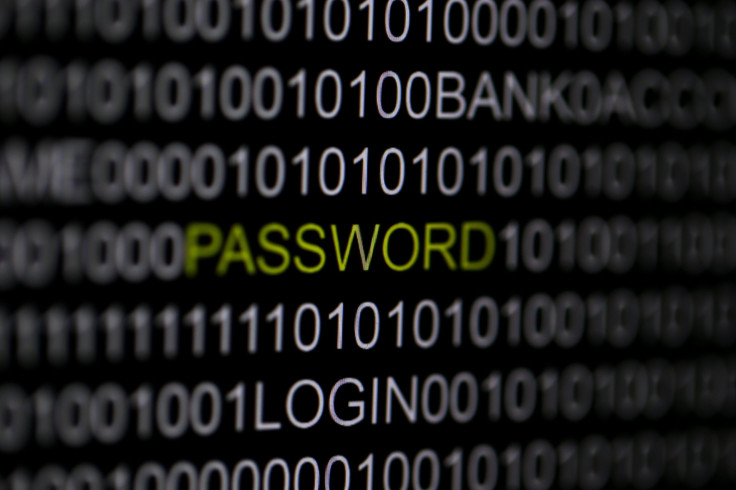Top Non-Election Hacks Of 2016: Drake, Kylie Jenner, Katy Perry, Harry Styles, Mark Zuckerberg And More

With President Barack Obama ordering a full investigation and Rep. Sen. John McCain supporting it, the prospect of Russians having hacked the U.S. presidential election to favor President-elect Donald Trump seems increasingly real. While Trump has denied any help from Russian hacking in winning the presidency, even he can’t deny that hacking itself is a real phenomenon, as was shown two weeks ago when his Manhattan residence was renamed “Dump Tower” on Google Maps by pranksters.
And hackers are often drawn to celebrities’ accounts, possibly driven by the comparatively larger reach those accounts have or for the scandal it would cause, or for other reasons best known to the hackers themselves. Other than the ongoing election controversy, 2016 saw a large number of celebrities being hacked.
Password management company Dashlane released Tuesday its first annual “Celebrity P@ssholes” list that includes some names that are quite surprising.
Perhaps the most shocking hacks were those of big names from the technology industry. Facebook’s Mark Zuckerberg, who famously keeps the webcam and mic on his laptop taped, had multiple social media accounts hacked in June by a Saudi Arabian group called OurMine. Sundar Pichai of Google, Spotify’s Daniel Elk, Twitter’s Jack Dorsey and Travis Kalanick of Uber were all also hacked during the year.
Equally surprising, and with larger ramifications, was the hacking of large websites including Yahoo, LinkedIn, AdultFriendFinder, Dropbox and MySpace. These hacks led to hundreds of millions of people around the world having to change their passwords.
OurMine was also responsible for hacking a host of other celebrity Twitter accounts, including Drake, Kylie Jenner, Katie Perry, Chelsea Handler, Channing Tatum, and Lana Del Rey, among others.
Harry Styles had it worse though, when his iCloud account was compromised along with his privacy, since the account contained intimate pictures from a trip with Kendall Jenner, and they were made public for the world to see.
Actor Tom Hiddleston was perhaps one of the quickest people to be hacked, when his Instagram account was taken over by hackers less than a week after he joined the photo-sharing service.
John Podesta became a household name not when he was chairman of Hillary Clinton’s presidential campaign but when he became victim to a phishing email and contents of his Gmail account arguably affected the presidential election.
Sports was vulnerable to hacking too, and not just the Russians releasing medical data of U.S. athletes. The National Football League had its Twitter account taken over by miscreants who falsely announced the death of commissioner Roger Goodell. Major League Baseball team Houston Astros had the online database of player statistics stolen.

Dashlane told International Business Times in a statement: “Our goal in releasing the P@ssholes List is to draw attention to many high-profile, yet common, password gaffes that are often easily preventable. While it can be amusing to have a little tongue-in-cheek fun at the expense of celebrities, the fact of the matter is that most people are guilty of making the errors our P@ssholes made. Whether it’s using a weak and easily guessed password, or reusing a password that was leaked in a previous breach, all of our P@sshole cases highlight the important role passwords play in our digital lives.”
In our increasingly technology-dependent lives, digital privacy is becoming increasingly important and largely due to our own attitudes toward it, easier to compromise. There are multiple solutions to make our online lives more secure but having strong passwords is perhaps the most basic.
Rob Sobers, a technical evangelist at security software company Varonis, told IBT people need to have better password hygiene.
“Users should try to use strong unique passwords for individual sites. There are password managers available… which are designed to make it easy for users to create strong passwords and maintain them without memorizing them.”
© Copyright IBTimes 2024. All rights reserved.











